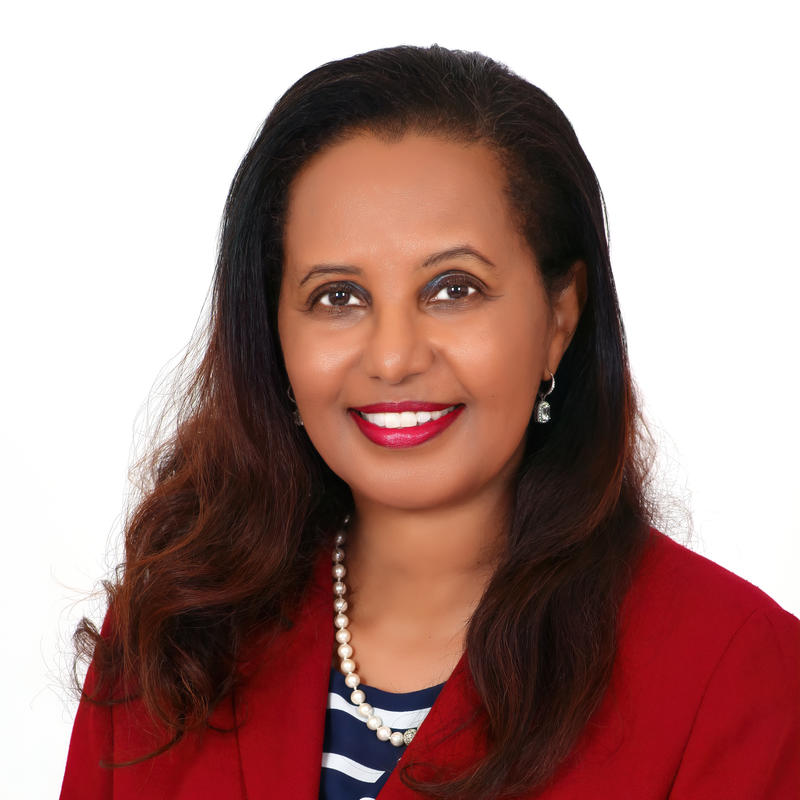
Bio
Dr. Senait Kebede is a global health professional and pediatrician with over 25 years of experience at regional and international levels. She has worked and consulted with major organizations such as WHO, UNICEF, UNAIDS, World Bank, USAID and CDC with a focus on policies, programming and evaluations contributing to training of clinical and public health professionals. Dr. Kebede serves as a consultant for Decolonizing Global Health/Equitable Global health Partnership at Emory Global Health Institute and is an Adjunct Associate Professor of Global Health at Emory University. She actively contributes to teaching graduate courses, advising students, and curriculum development including for a collaborative training at Africa CDC/Emory. Dr. Kebede has made notable contributions to global health through her guest lectures at various universities, development of technical guidelines, book chapters and scientific articles. She has been a speaker at various regional and global health forums and serves in a number of WHO expert working groups.
Areas of Interest
- Infectious Disease
- Maternal and Child Health
- Surveillance
Education
- MPH, Johns Hopkins University
- Specialty is Pediatrics, Addis Ababa University
- MD, Addis Ababa University
Affiliations
1. Child Health Task Force memebr
2. Gates Strategic Leadership fellow for Population and Reproductive Health
3. Contributor - Essentials of HIV course eCurriculum series, Mayo Clinic School of Continuous Professional Development, Rochester, MN, USA
4. TBTEAM expert for TB/HIV & child and adolescent TB working group member , WHO/Geneva
4. Pandemic Influenza Preparedness technical expert mechanism(PCITEM) member, WHO/Geneva
6. Hon. Associate Professor of pedaitrics, SPHMMC, Ethiopa
7. Project managment Professionals memebr PMI